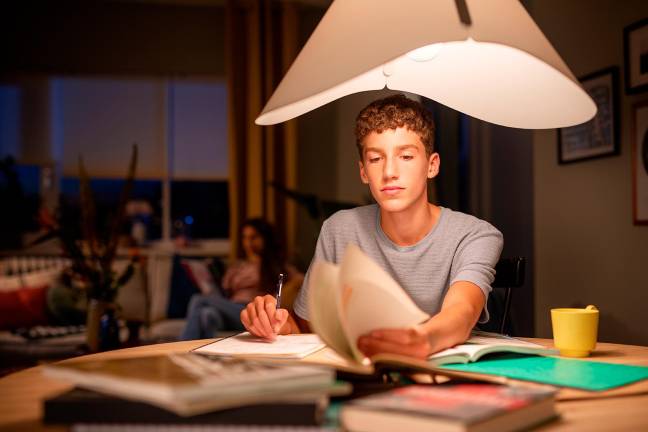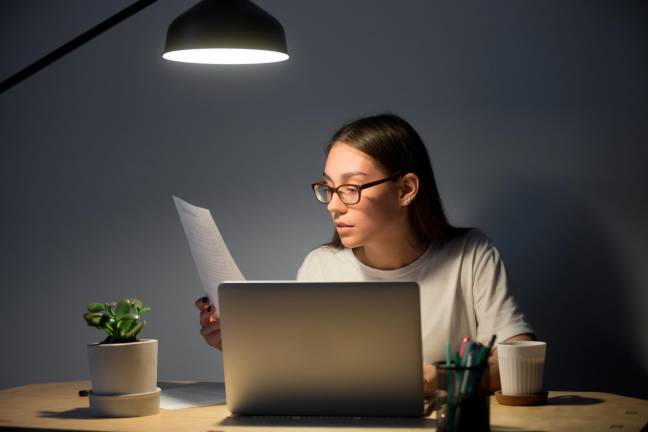How to update home lighting to be easy on the eyes
Phasellus. pretium, sem id faucibus consectetur, quam turpis pretium elit, a egestas est


If you ever experience eyestrain, tired itchy eyes, blurry vision or headaches, it may be time to give your home a lighting makeover.
Problems caused by bad lighting can be intensified by using it for longer, something most households should keep in mind, as 74 percent of Americans in a recent survey, commissioned by lighting manufacturer, Signify, say they spend eight hours or more a day under artificial light.
The World Health Organization predicts that 50 percent of people will be short sighted by 2050.
Unfortunately, there’s a disconnect between people’s concerns about eye health and the steps they are taking to support eye comfort at home. While 80 percent of U.S. consumers in the same Signify survey say they believe good lighting is beneficial for eye health, a 2017 Signify study found only 21 percent take that into account when purchasing light bulbs, and only 29 percent consider light quality.
For many consumers, the disconnect may stem from overwhelming choice when it comes to home lighting and from not having enough information to make an informed decision. Luckily, manufacturers are taking steps to improve lighting quality and help guide consumers in their search for comfortable light that’s easy on the eyes.
For example, Signify has defined specific lighting quality parameters, which take into account factors such as flicker, strobe, glare and dimming effects that can affect one’s eye comfort. Consumers can look for an EyeComfort label on product packaging to identify the Philips LED light bulbs that meet the standards for quality lighting that’s easy on the eyes.
While certain eye conditions are beyond one’s control, why not do what’s in your power to protect your family from eyestrain and related discomfort? The simple DIY project of upgrading your home lighting can mean happier, healthier eyes and better quality of life.
The World Health Organization predicts that 50 percent of people will be short sighted by 2050.
If you are in front of screens (computers, smartphones, televisions) for extended periods of time, close your eyes for 20 seconds or more, every 20 minutes, to allow them to relax.
If outdoors, wear sunglasses with 100 percent UV protection to help protect your eyes from the sun. It’s helpful to keep a pair in your bag or car, so they are always nearby. Also consider spending a bit more time in natural light and less in artificial light.
Exercise and strengthen your eyes by incorporating simple, yet effective eye yoga exercises into your daily routine for a few minutes daily.
Schedule regular check-ups with an eye specialist, who will be able to detect the first signs of any eye condition or disease.